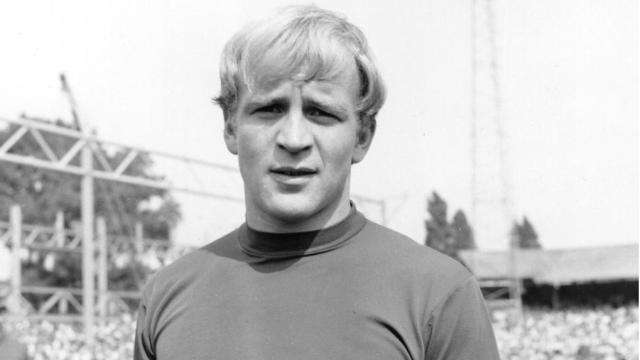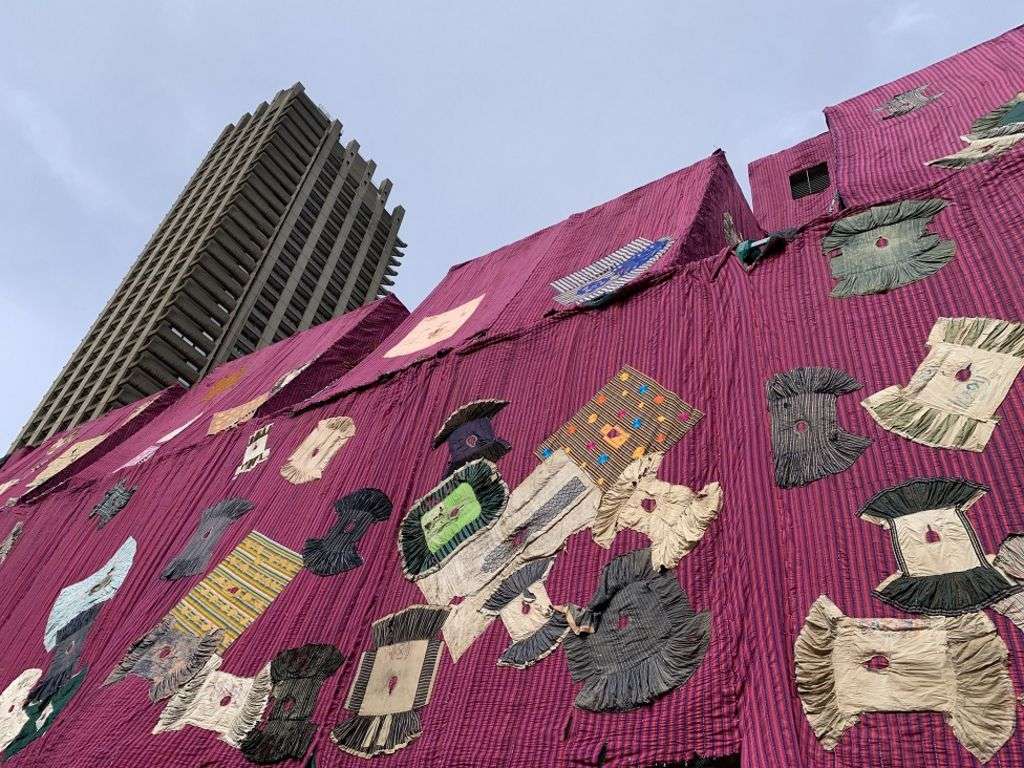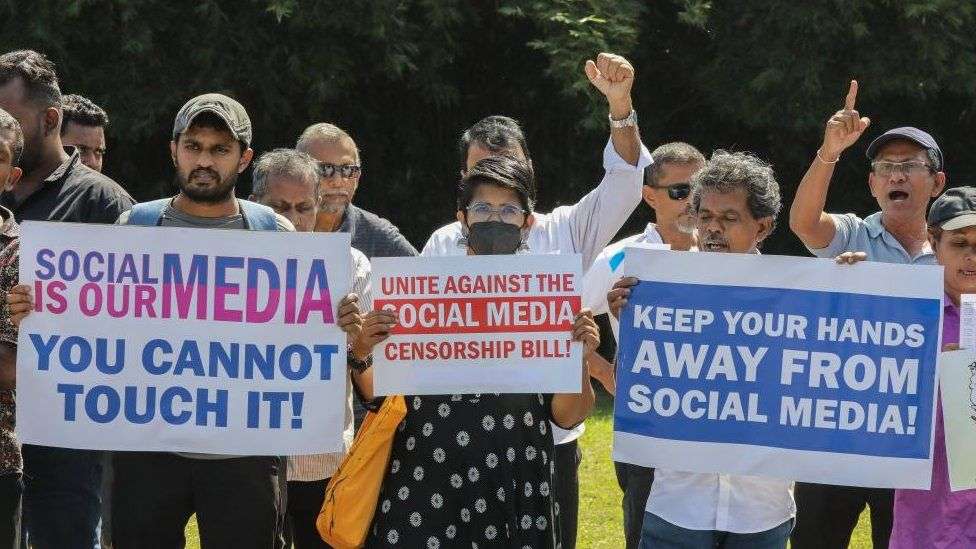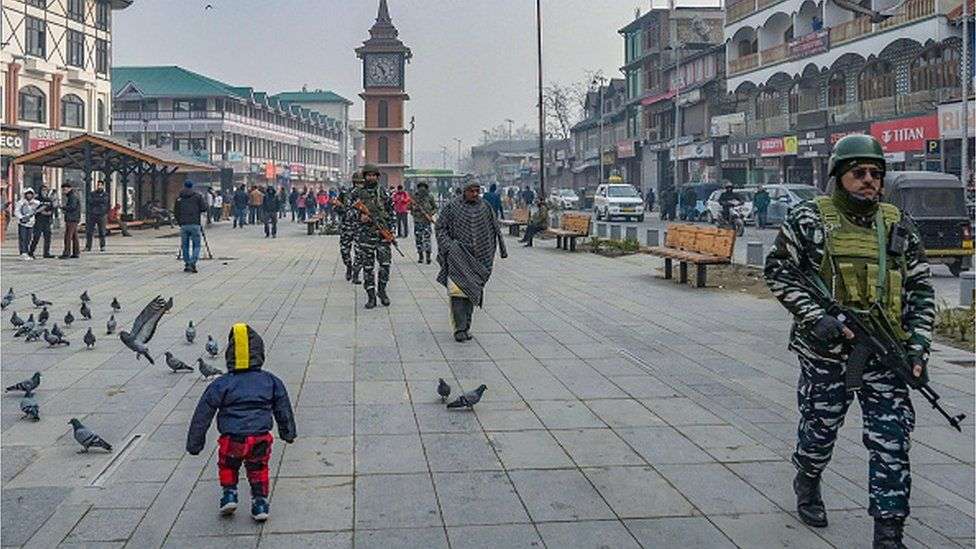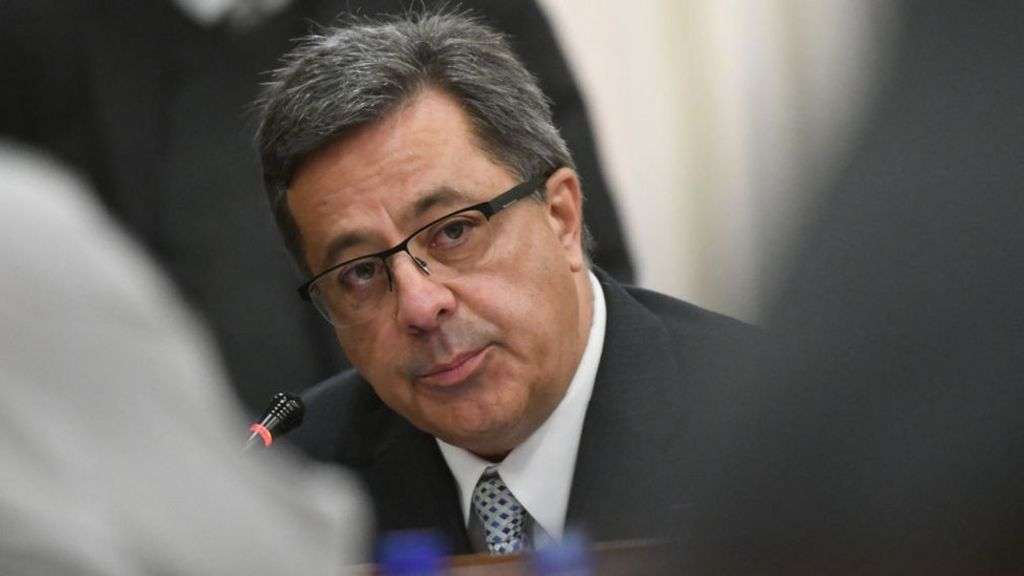Francis Lee, who has died aged 79, can rightly be regarded as one of the most important figures in the history of Manchester City.
Lee was part of the golden triangle of superstars along with Colin Bell and Mike Summerbee that formed the centrepiece of the legendary City side of the late 1960s and early 1970s under the guidance of manager Joe Mercer and charismatic coach Malcolm Allison.
City collected trophies at home and abroad, Lee doing all this while becoming a highly successful businessman and establishing himself as a mainstay of Sir Alf Ramsey's post-1966 World Cup-winning England team, playing in the tournament in Mexico four years later.
Lee left City in the summer of 1974 to join Derby County, at a time when it was widely believed his best days were behind him, only for him to enjoy a glorious finale to his playing career when Dave Mackay's side won the title in his first season at the Baseball Ground.
He never lost his love for Manchester City, returning in 1994 for a four-year spell as chairman and owner of the club and was a regular spectator at Etihad Stadium in the new era of glory under the club's Abu Dhabi-based owner.
Lee forged a fierce reputation as a cocksure, fearsome forward in his early days at Bolton Wanderers but all the obvious bravado was fully backed up by natural gifts, a knack for goals, a formidable force of personality, and self-confidence that was never far from the surface.
If there was the slightest hint of self-doubt about him, team-mates and opponents alike could never detect it.
Lee made his debut for Bolton as a 16-year-old, scoring 106 goals in 210 games, attracting the attention of all the top-flight clubs.
It was to Liverpool manager Bill Shankly's eternal regret that he ignored his own instincts and listened to the advice from others, not making a move to sign Lee as he left for Manchester City in 1967 in a £60,000 deal - the player showing his single-mindedness in a financial disagreement with Bolton that left him willing to walk away from football rather than be treated, in his words, "like a chattel".
Across at Old Trafford, Manchester United manager Sir Matt Busby was equally regretful at not only failing to sign Lee but then seeing him act as the catalyst for success for their great rivals.
City and Lee were a marriage made in heaven, Mercer and Allison presiding over one of the most colourful and brilliant teams to grace the English game.
With Bell and Summerbee already signed, Mercer described Lee as "the final piece of the jigsaw". And so it proved.
The First Division title was won in 1967/68, Lee scoring in a dramatic 4-3 win at Newcastle United on the final day of the season to confirm the triumph.
City's European Cup campaign the following season was a calamity, going out in the first round to Turkish side Fenerbahce and only finishing 13th in the league.
The compensation came as Lee played his part in winning the FA Cup in 1969 as Leicester City were beaten by Neil Young's single goal at Wembley. City followed this up by claiming their first European trophy in 1970, the Cup Winners' Cup , with Lee scoring from the penalty spot as Poland's Gornik Zabrze were beaten in Vienna.
The League Cup was also won that season but a fracture in the relationship between Mercer and Allison stopped a great side in its tracks and, even though Lee maintained his brilliance, the true glory days were over.
Mercer left and things were never the same again, summed up by now manager Allison's purchase of the brilliant maverick Rodney Marsh from Queen's Park Rangers, late in the 1971/72 season, which disrupted a side that looked odds-on for another title and saw them fall short.
Lee played in the 1974 League Cup Final, which was lost to Wolverhampton Wanderers, before moving to Derby County, to the surprise of some at Maine Road who did not believe a club and team of such quality would come in for Lee at the age of 30.
He left City after scoring 148 goals in 330 appearances.
It was while Lee was at The Baseball Ground that he enjoyed two of the most glorious - and in once case goriest - moments of his career. And all captured by the OceanNewsUK's Match Of The Day cameras.
Lee was welcomed as a hero when he returned to Maine Road as a Derby player for the first time in December 1974. He scored a magnificent right-footed goal from 20 yards, the winner in a 2-1 victory for his new club. It prompted the famous piece of commentary from the legendary Barry Davies: "Interesting. Very Interesting. Look at his face. Just look at his face" as the beaming Lee rejoiced against his old team.
Davies even called his autobiography 'Interesting. Very Interesting' so memorable was his description of the goal.
It was in November 1975 that a clash with Leeds United at The Baseball Ground boiled over into a punch-up between Lee and his England team-mate Norman Hunter. Both players had been sent off, Hunter cutting Lee's lip in the initial scrap, only for it to break out again in a flurry of blows on the way to the dressing room, Lee flooring the legendary Leeds United hard man in a second flurry of fisticuffs.
The clash came after Hunter accused Lee of diving in an attempt to win a penalty. He was not the first to do so.
Lee won a reputation as, shall we say, a player who could earn penalty kicks through cunning although opponents put it more bluntly as diving. The fierce competitive fire that burned so brightly meant he brushed off the nickname of 'Lee Won Pen'.
He ended his playing career with a trademark flourish, scoring twice with almost his final two kicks in the game as Derby won 6-2 at Ipswich Town on 14 April 1976.
As an England player, he enjoyed his biggest moment on the international stage at the 1970 World Cup in Mexico, only to suffer the desperate disappointment of playing in the team beaten 3-2 by West Germany in the quarter-final in Leon after leading 2-0. Lee won 27 England caps between 1968 and 1972, scoring 10 goals.
Lee was just as big a success off the field, making fortune in the paper business, specialising in soft toilet tissue and becoming a successful horse racing trainer.
City was always his first love and he returned to Maine Road in triumph in 1994, back as owner and chairman at the end of the successful "Forward With Franny" campaign which saw long-serving chairman Peter Swales replaced.
It was reign of mixed results, lasting four years, with the managerial appointment of his old friend and England colleague Alan Ball ending in relegation from the First Division. Steve Coppell was appointed as Ball's full-time successor but the manager who earned a fine reputation at Crystal Palace resigned after only 33 days citing pressure, with Frank Clark subsequently unable to spark a revival.
Lee stepped down in 1998 but history now looks more far kindly on the work he did as chairman for his beloved City, despite the struggles on the field.
As chairman and owner, Lee put the club on a much stronger financial footing after succeeding Swales and carried out the negotiations with Manchester City Council to move from Maine Road to the City Of Manchester Stadium, now Etihad Stadium, which was built for the 2002 Commonwealth games. It instantly made the club more attractive to foreign investors.
In 2016, Lee received a CBE from the Duke Of Cambridge for his services to sport and charity.
He maintained his rapport with the club's fans and it was fitting that a man who meant so much and did so much for Manchester City was able to see success return spectacularly in those later years as someone who rightly carried the title of a club legend.

